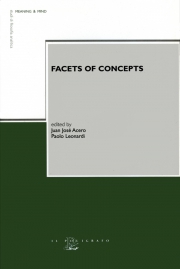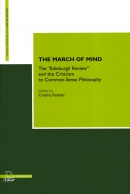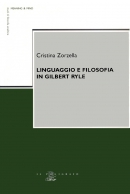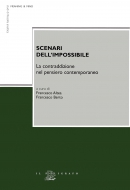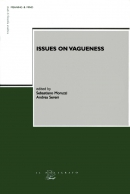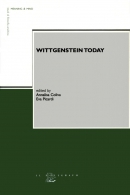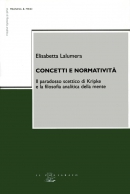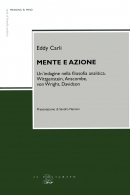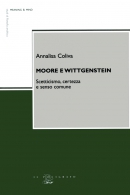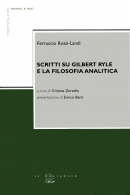Concepts and ideas are central to philosophy: they indicate what makes things different from each other, or inversely what makes them similar. The concept, or the idea, of a thing is in “classical” terms its essence or sign. In Philosophical Investigations, Wittgenstein argued that there are concepts which one would not descibe as primitive but which have a different function and which cannot in principle be defined: we speak of and apply them by means of examples. Wittgenstein opposed the view that all concepts categorize things because of one or more features common to all of them. But he also suggested using a different encoding of a concept, not in more primary traits, but in paradigms. In any case, the essays here assembled show how concepts have been revived as a major philosophical issue over the last twenty years and how some distinguished philosophers of the ’90s – Christopher Peacocke, Jerry Fodor, Ruth Millikan – have expressed more “classical” views in an innovative way.
(0)

